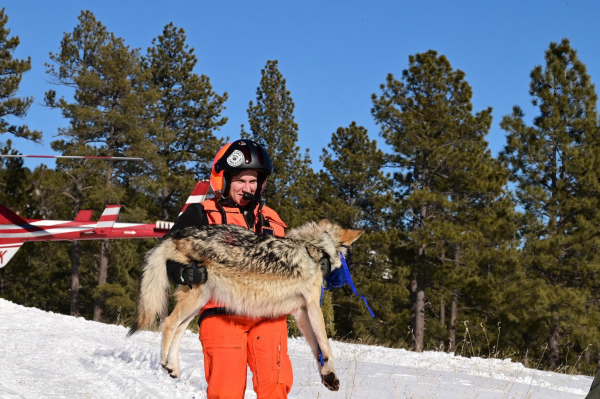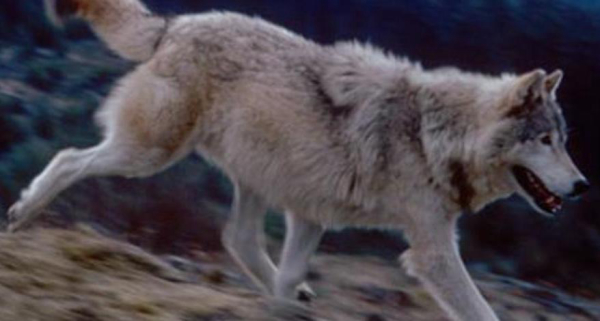Michigan Wolves by the Numbers
By Glen Wunderlich
We’ve got wolves – plenty of them but that all depends on who is being asked. The DNR’s goal is to ensure the wolf population remains viable and above a level (about 200 wolves) that would require either federal or state reclassification as a threatened or endangered species.
On the other hand, on October 15th, the Humane Society of the United States (HSUS) and the Fund for Animals filed a 60-day notice of intent to sue the U.S. Fish and Wildlife Service over the December 2011 delisting. A 60-day notice of intent to sue is a required procedural step before filing a lawsuit against the Service under the Endangered Species Act. HSUS’s press release stated that “[i]f the agency does not reconsider the delisting rule over the next 60 days, The HSUS and The Fund for Animals will ask a federal court to reinstate federal ESA protection for gray wolves in the western Great Lakes region.”
Wolves were added to the federal endangered species list in 1973, after nearly disappearing from the state in the early 1960s. Natural emigration of wolves from Minnesota and Ontario to the Upper Peninsula was documented in the 1980s, when a pair of wolves was found to be traveling together. The most recent estimate of Michigan’s minimum winter wolf population indicates a new high of 700 animals – far exceeding federal recovery goals.
The legal status of wolves in Michigan currently rests with our lawmakers. Accordingly, the Michigan legislature has yet to authorize a wolf hunting season, as part of the DNR’s wolf management plan of 2008. However, two bills are pending (House Bill 5834 and Senate Bill 1350) that would use hunting as a management tool to keep the animals in check.
Once again, the anti-hunting groups are hoping to win on procedural issues. And, with their vast sums of money, they have the ability to waste taxpayers’ dollars through litigation. The effect? Less governmental funds to actually help wildlife.
What really seems to grind these whacko groups is the fact that hunters can actually enjoy hunting. They hate that! Hunters that desire a full-body mount or even a wolf hide are disdained because they enjoy the hunt – the hunt they pay for in license fees, travel, lodging, and equipment.
And, stopping any kind of hunting – legally or otherwise – always justifies their means. In a related case, the Center for Biological Diversity and the group Howling for Wolves have lost out in a bid to halt Minnesota’s wolf hunt. Their case was based on an alleged procedural violation relative to taking public comments but Minnesota’s Supreme Court didn’t buy it. The hunt will go on beginning November 3rd.
According to these groups, wolf hunting is not about management, since state and federal law already allow the targeting of individual wolves who threaten livestock or public safety. Although that may be true, killing a wolf in the act of predation is problematic at best.
By thinning their numbers, it will minimize unwanted attacks on livestock, hunting dogs, and desirable big game animals. And, yes, two humans have been killed by wolves in North America in spite of these groups’ contentions to the contrary.
Michigan has a plan, which incidentally was agreed to by all parties when it was formed, and it’s time to enact it.






